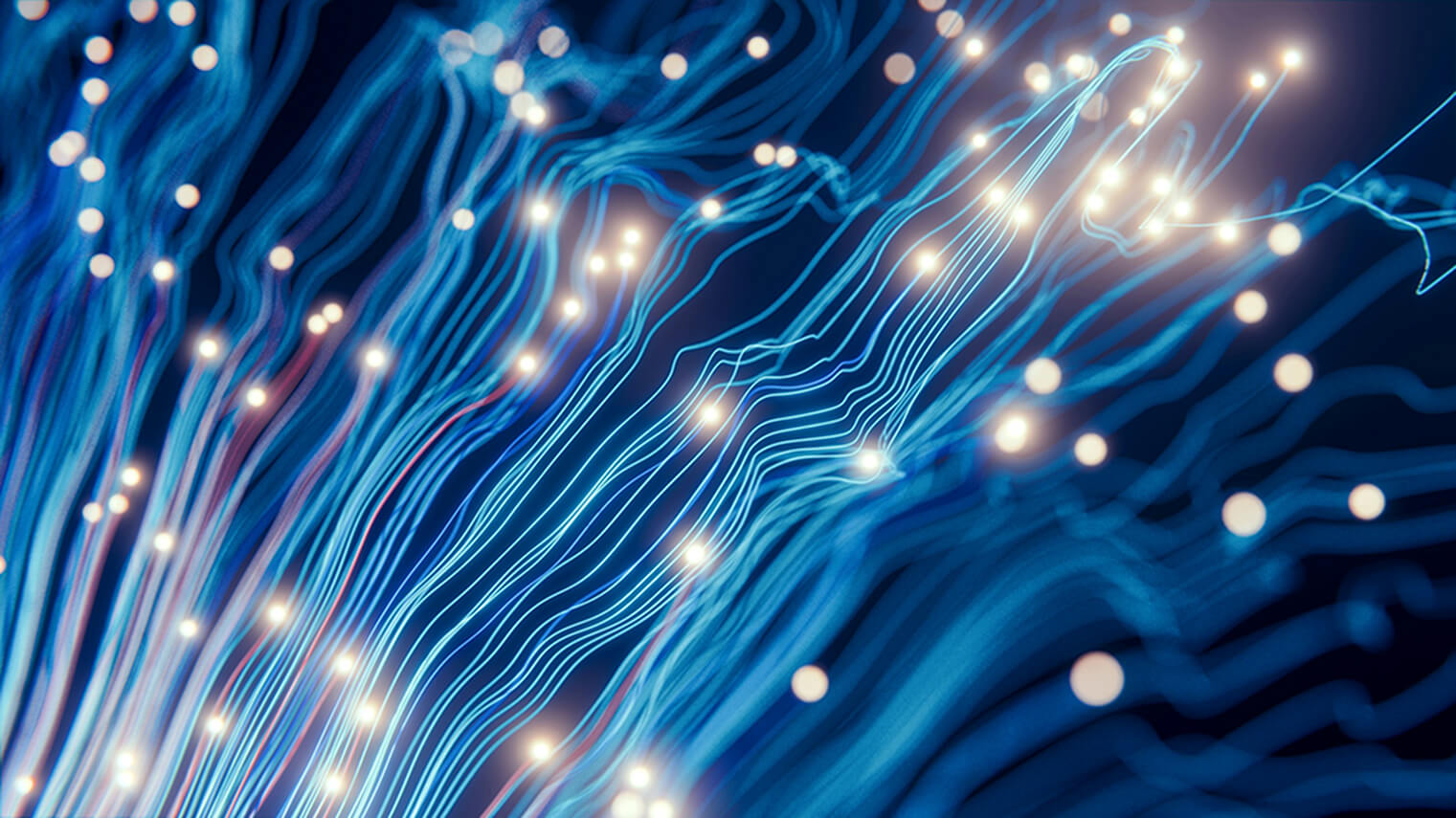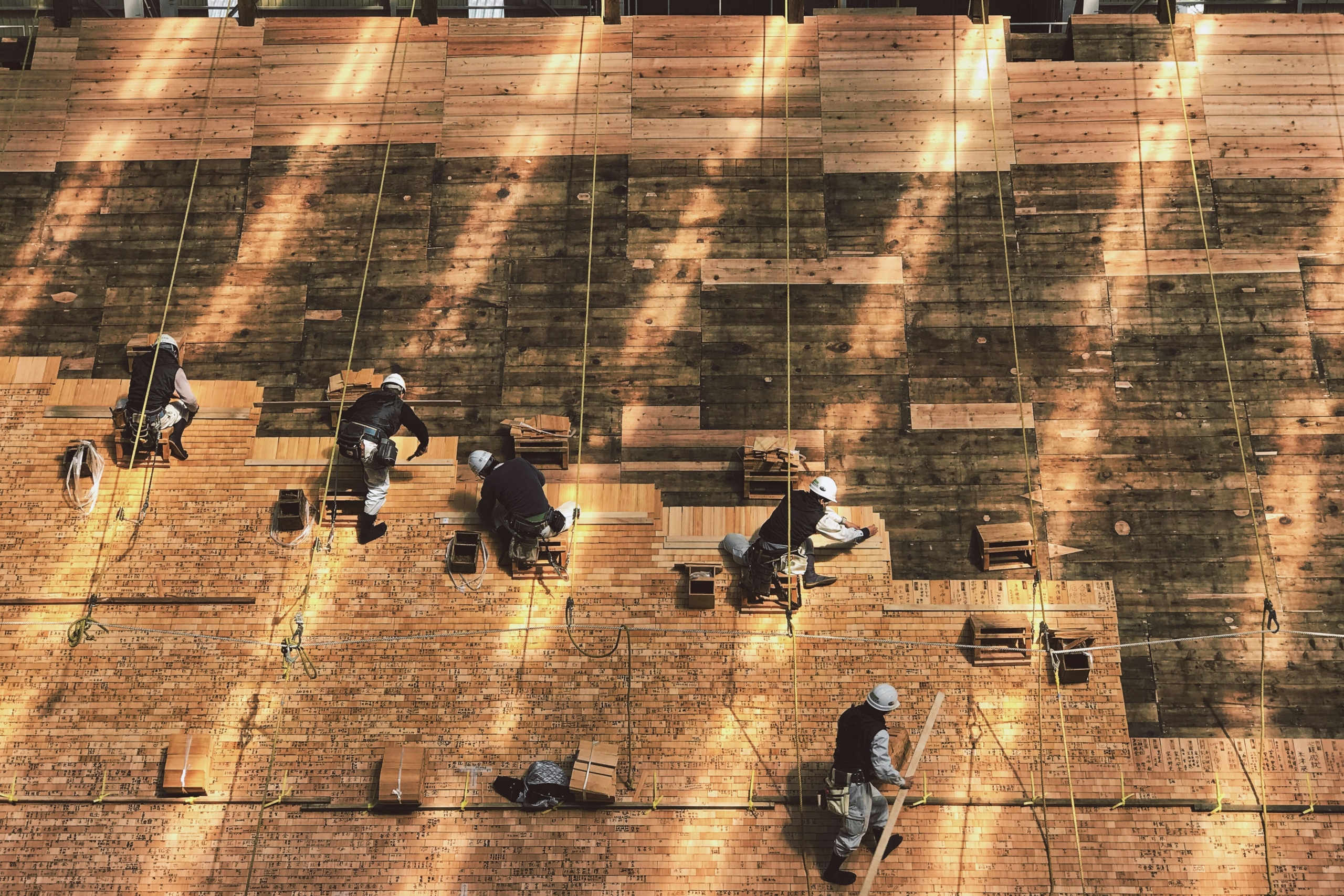by Leon Ginsburg, Founder and CEO
As the CEO of a technology consulting company, I am dedicated to advancing technology to unlock value across industries. With our deep expertise in data, engineering, AI, and IoT initiatives, our team is well-equipped to deliver clear, measurable business outcomes. One sector that stands on the brink of a revolutionary shift is construction, traditionally perceived as resistant to change.
“The construction industry has long been plagued by inefficiencies, delays, and cost overruns,” I often remark. “But AI and IoT offer a path towards a future where projects are completed on time, within budget, and with unparalleled precision.”
AI and IoT in Construction: The Current State
The integration of AI and IoT in the construction industry is gaining significant momentum. According to a report by Global Market Insights, the AI in construction market was valued at over $2.5 billion in 2022 and is projected to grow at a compound annual growth rate of 20% from 2023 to 2032. This rapid growth underscores the increasing adoption of AI-driven technologies to enhance project efficiency, safety, and cost management.
A survey by GlobalData highlights that 74% of construction firms plan to implement new technologies to overcome key challenges, driven by the need to improve productivity, competitiveness, and reduce costs. Key technologies set to grow in popularity include Building Information Modeling, drones, augmented reality, virtual reality, robotics, and wearable technology.
In 2024, construction companies are expected to move from experimental phases of AI to full implementation and execution. This includes embedding AI-powered capabilities directly into construction workflows, leading to better decision-making and less waste during the design process. AI is also expected to yield cost savings of 10% to 15% on construction projects, according to Deloitte, by improving project planning, risk management, and operational efficiency.
Moreover, a key trend in the construction industry is the increasing use of AI and IoT for safety monitoring and predictive maintenance. Wearable devices equipped with IoT sensors are being used to monitor workers’ health and productivity, thereby reducing physical and financial risks. This shift is part of a broader trend towards the digitization and automation of construction processes, which is expected to drive significant improvements in project outcomes and overall industry growth.
As AI technologies continue to evolve, their integration into the construction industry is set to transform the landscape, making it more efficient, safe, and cost-effective.
Revolutionize Your Business
From AI to IoT solutions, discover how Sphere transforms your operations
The Power of Emerging Tech
The synergy between AI and IoT is a game-changer for the construction industry. IoT sensors and devices, strategically deployed across worksites, collect vast amounts of data that AI algorithms can harness to unlock invaluable insights and drive intelligent decision-making. The potential applications are numerous and far-reaching:
- Predictive Safety Analytics: AI-powered systems can analyze vast amounts of safety data, including incident reports and real-time sensor data, to identify high-risk situations and proactively prevent accidents on construction sites. This is crucial in an industry with historically high rates of workplace injuries and fatalities.
- Generative Design Optimization: AI algorithms can explore countless design variations and optimize building designs for energy efficiency, structural integrity, and cost-effectiveness, enabling architects and engineers to push the boundaries of innovation while adhering to sustainability principles.
- Intelligent Project Scheduling: Machine learning models can analyze historical project data, resource availability, and real-time progress updates to generate optimized project schedules, reducing delays and improving overall efficiency. AI in construction is expected to grow significantly, from an estimated USD 3.99 billion in 2024 to USD 11.85 billion by 2029..
- Autonomous Equipment Operation: AI-powered construction machinery, such as excavators and bulldozers, can operate autonomously or semi-autonomously, enhancing productivity and safety on job sites. The integration of AI and IoT can streamline construction processes, making them more efficient and less reliant on human intervention.
- Predictive Maintenance: By analyzing data from sensors embedded in construction equipment and facilities, AI algorithms can predict when maintenance is required, minimizing downtime and extending the life of valuable assets.
- Computer Vision for Quality Control: AI-based computer vision systems can automatically detect defects, errors, and deviations from design specifications, enabling real-time quality control and reducing rework.
- Intelligent Document Management: Natural Language Processing and Machine Learning can automate the classification, extraction, and analysis of data from construction documents, such as contracts, plans, and change orders, streamlining administrative processes.
- Smart Inventory Management: AI can optimize inventory management by predicting material requirements, identifying potential shortages, automating order placement, reducing waste, and ensuring timely resource availability.
- AI-Assisted Risk Assessment: Machine learning algorithms can analyze historical data, market trends, and project-specific factors to identify and quantify potential risks, enabling proactive risk mitigation strategies.
- Intelligent Facility Management: AI-powered systems can continuously monitor and optimize building performance, energy consumption, and occupant comfort throughout the facility lifecycle, leading to reduced operating costs and improved sustainability.
Transparency and explainability are paramount. Our clients and partners must understand the rationale behind AI recommendations to build trust and facilitate adoption. We must demystify these technologies and demonstrate their tangible benefits.
Leon Ginsburg, CEO at Sphere
Using AI and IoT in Real-World Examples
As you realize, there are a lot of case studies in the modern world, and everyone can find one that suits your company. If you look at real-life examples, there are several examples of how modern technologies are already changing the business world around us.
For example, PCL Construction has embraced IoT technology to improve the efficiency and safety of their operations. They use IoT devices like RFID tags and GPS trackers to monitor the location and status of tools, machinery, and materials in real-time. This system significantly reduces the time spent searching for misplaced items and prevents unnecessary replacements, leading to substantial cost savings. Additionally, PCL employs predictive maintenance through IoT sensors that monitor equipment performance, identifying the optimal times for servicing to prevent unexpected breakdowns and downtime.
Lendlease, a global property and infrastructure company, uses IoT to enhance safety and operational efficiency on their construction sites. They implement IoT-enabled wearables that monitor workers’ health and environmental conditions, providing real-time data that can alert supervisors to potential hazards. This technology helps prevent accidents and ensures that safety protocols are followed rigorously. Furthermore, Lendlease utilizes IoT sensors for site monitoring, which track various parameters such as noise, vibrations, and weather conditions to optimize working environments and ensure compliance with safety standards.
Turner Construction has integrated IoT sensors into their crane operations, transforming them into smart devices. These sensors collect and analyze real-time data on crane activities, optimizing usage, reducing idle times, and enhancing safety. This implementation allows for precise monitoring and efficient management of crane operations, significantly improving project timelines and safety standards.
Finally, The Edge, recognized as one of the world’s most sustainable office buildings, utilizes a network of IoT sensors to monitor and adjust lighting and temperature, optimizing energy use. These sensors are connected to a smartphone app that acts as a personal assistant for building occupants, enhancing the user experience and productivity. The integration of IoT in this building has not only reduced carbon emissions but also increased worker productivity, demonstrating the potential of smart technologies in modern construction.
Overcoming Challenges and Embracing the Future
While the benefits of AI and IoT in construction are clear, the industry must also navigate the challenges associated with their adoption. Data quality, integration, and governance remain significant hurdles that demand industry-wide collaboration and investment in robust data infrastructure and skilled personnel.
The Future is Connected
Unlock the power of next-generation AI and IoT solutions and stay ahead of the curve.
“Transparency and explainability are paramount,” I stress. “Our clients and partners must understand the rationale behind AI recommendations to build trust and facilitate adoption. We must demystify these technologies and demonstrate their tangible benefits.”
As we continue to push the boundaries of what’s possible with AI and IoT in construction, I am reminded of a quote that encapsulates our mission: “We shape our buildings; thereafter, they shape us.” By embracing these technologies, we have the power to shape not only the structures we build but also the very future of the construction industry itself.
“The time for complacency is over,” I declare. “Those who embrace AI and IoT will lead the way, while those who resist risk being left behind. The choice is ours to make, and at our company, we have chosen to be pioneers in this new era of intelligent construction, advancing technology to unlock value and deliver clear, measurable business outcomes for our clients.”
Call to Action
As innovators by nature, we encourage companies not to be afraid to consider even the most ambitious solutions. Every improvement brings a competitive advantage, and competitive advantage is the fuel for your business.
Our experts in IoT and AI technologies are always ready to help you maximize the benefits of modern technologies.





